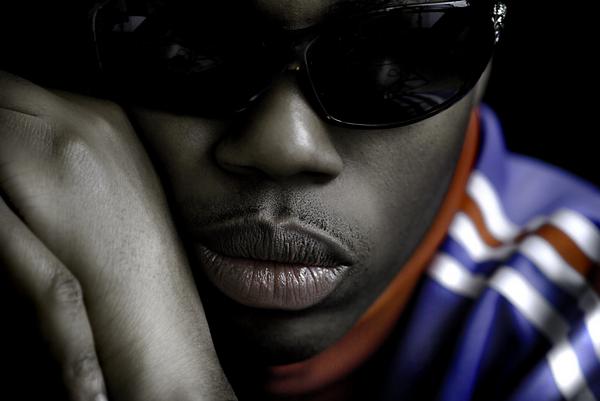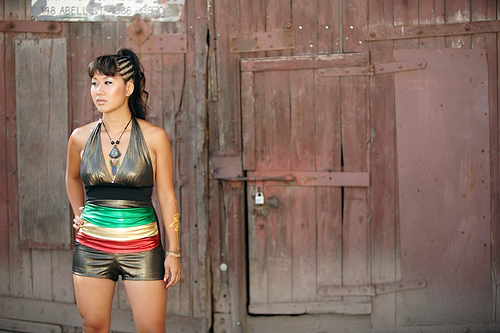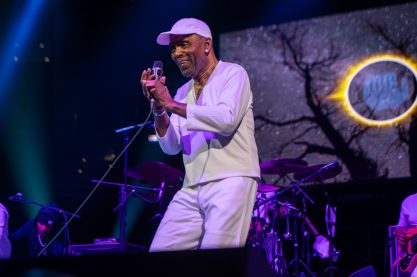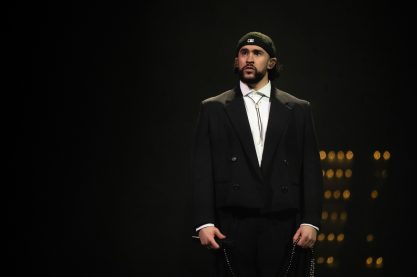Music
OPINION: Why Do Canadian Hip Hop Artists Struggle To Find Success?

Recent history might suggest otherwise, but Drake is not the only Canadian rapper to have existed. In fact, we have tons of them: some good, some bad, many forgettable. Since the early ‘80s, Canada has produced a few dozen hip hop artists who’ve reached moderate levels of success across the Great White North. But few of them have made it out of Canada, and even fewer have sustained a fan base overseas. Drizzy is, of course, the notable exception.
To be sure, I’m wary of measuring success based on album sales and the frequency with which the song blares out of random cars; we can probably agree that most of the best music out there isn’t what you’d typically describe as commercially successful. But by the standards of popular music, Canada has failed to produce many commercially viable hip hop acts. It has, though, been more successful in exporting artists in other genres. Here are a few possible explanations as to why Canadian hip hop has yet to blow up.

1. Authenticity
Since its beginnings, hip hop has been as much about authenticity as it’s been about skill. That is, we’ve wanted our rappers to be authentic as much as we’ve wanted them to be good. Canadian rappers, however, seem to have missed that memo. While there are certainly exceptions, much Canadian hip hop simply emulates East Coast/New York rap in a supremely...well, not-authentic way. And, sure, that may be because New York is the birthplace of hip hop and because the genre arrived in Canada in part through college radio stations in upstate New York. But some 30 years into its existence, there’s no justification for rappers who straight up copy New York rap.
There have been a handful few Canadian hip hop artists who’ve developed their own styles—for instance, Kardinal Offishall, K-OS and K'Naan—and they’ve been the most successful. While their music stays true to some of the sonic elements of hip hop, these artists also incorporate an authentically Torontonian sound and culture. And, most importantly, they don’t put on those irritating fake American accents that pretty much characterizes most Canadian hip hop.
[youtube DvznomizYnw nolink]
2. National Identity
It’s not as though Canadian hip hop artists are out there rhyming about beavers and maple syrup. But the country’s reputation for good manners and all-around softness makes it tough for people to take us seriously, especially in a genre that has tended to be on the gritty side. Canada is viewed as a joke; and Snow, our biggest hip hop export pre-Drake, certainly didn’t help us counter that assumption. Plus, the lack of authenticity in Canadian hip hop, as discussed above, has made it all the worse.
 Hip-Hop artist Maisa One
Hip-Hop artist Maisa One
3. Local community
As the likes of Oakland, Houston and the DMV have proven, it takes a local community to help elevate a city (or region) towards hip hop success. And while there are hip hop scenes across the country, Toronto is generally regarded as the home of hip hop in Canada. Yet, Toronto still lacks a clearly defined hip hop a community. Rather, it’s made up of individual rappers working on their own. And while there’s nothing wrong with competition, the absence of support for fellow artists in Toronto’s hip hop scene is certainly holding that city, and the entire country, back.
[youtube mt3U_uXd1Zo nolink]
4. Investment and resources
Canada’s population is only 10 percent that of our brethren to the south. And so, much as is the case in Canadian film and television, we can’t afford to invest as much as Americans do. The inevitable result? Low-budget, low-quality media. It’s way cheaper to import media from the US than it is to invest properly in the production of high-quality Canadian goods. And that’s exactly hip hop’s case; with the Canadian market so heavily saturated with Americans, local audiences could care less about their own hometown heroes. I suspect, though, that Drake’s mega-stardom might have the world paying more attention to Canada.
Fingers crossed.




